NextGen Justice Tech: What regulatory reform could mean for justice tech — from thomsonreuters.com Kristen Sonday
Excerpts (emphasis DSC):
One year in, the Utah Supreme Court had approved 30 companies, including those that created initiatives to provide individuals help completing court forms and receiving legal advice via chatbot.
…
The ruling is monumental because it allows legal professionals to provide guidance on completing legal forms that might be applied to other areas of law, including through online tools that can reach exponentially more individuals.
“By ruling in favor of Upsolve, the Southern District of New York… established a new First Amendment right in America: the right for low-income families to receive free, vetted, and accountable legal advice from professionals who aren’t lawyers,” said Rohan Pavuluri, Upsolve’s Co-Founder and CEO.
UChicago Medicine partners with legal aid lawyers to offer legal help to victims of violence — from abajournal.com by Debra Cassens Weiss
Excerpt:
The University of Chicago Medicine is working with Legal Aid Chicago to embed lawyers at the system’s trauma center in Chicago’s Hyde Park neighborhood to help victims of violence.
Legal AI: A Lawyer’s New Best Friend? — from legaltechmonitor.com by Stephen Embry
Excerpt:
The real question AI poses for the legal profession, says Susskind, is to what extent machines can be used to reduce uncertainty posed by problems. The fundamental question, says Susskind, is thus what problems lawyers are currently trying to solve that machines can solve better and quicker. The lawyer’s job in the future will be to focus on what clients really want: outcomes. Machines can’t provide outcomes, only reduce the uncertainty surrounding the potential outcomes, according to Susskind.
What Does Copyright Say about Generative Models? Not much. — from oreilly.com by Mike Loukides
Excerpt:
Ultimately we need both solutions: fixing copyright law to accommodate works used to train AI systems, and developing AI systems that respect the rights of the people who made the works on which their models were trained. One can’t happen without the other.
‘Complicit bias’ and ‘lawfare’ among top new legal terms in 2022 — from abajournal.com by Debra Cassens Weiss
Excerpt:
“Complicit bias” tops a list of new legal terms and expressions in 2022 compiled by law professors and academics who are on a committee for Burton’s Legal Thesaurus.
Law360 has a story on the top new terms and their meanings. According to the story, “complicit bias” refers to “an institution or community’s complicity in sustaining discrimination and harassment.”
Law360 listed 10 top legal terms, including these:
Why 2023 Will Be The Year of AI + My First Music Video — from legallydisrupted.com by Zach Abramowitz
ChatGPT Did Not Write This Song
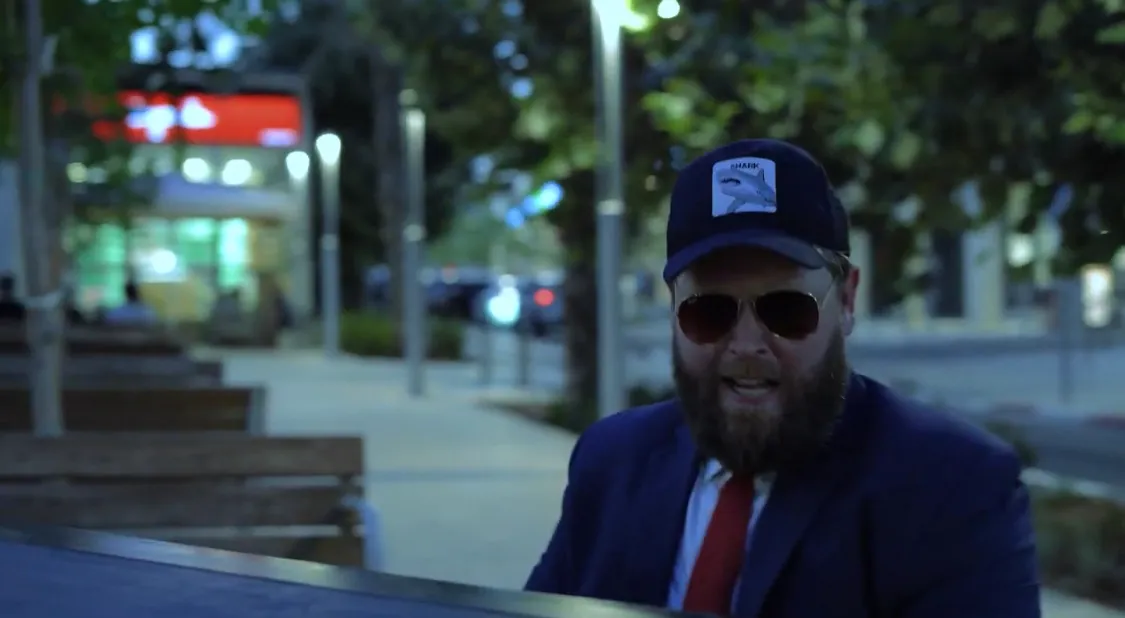
#ChatGPT is the future of #legaltech https://t.co/CzG5uNWAur #breathless cc @LexionAi
— Zach Abramowitz (@ZachAbramowitz) December 21, 2022









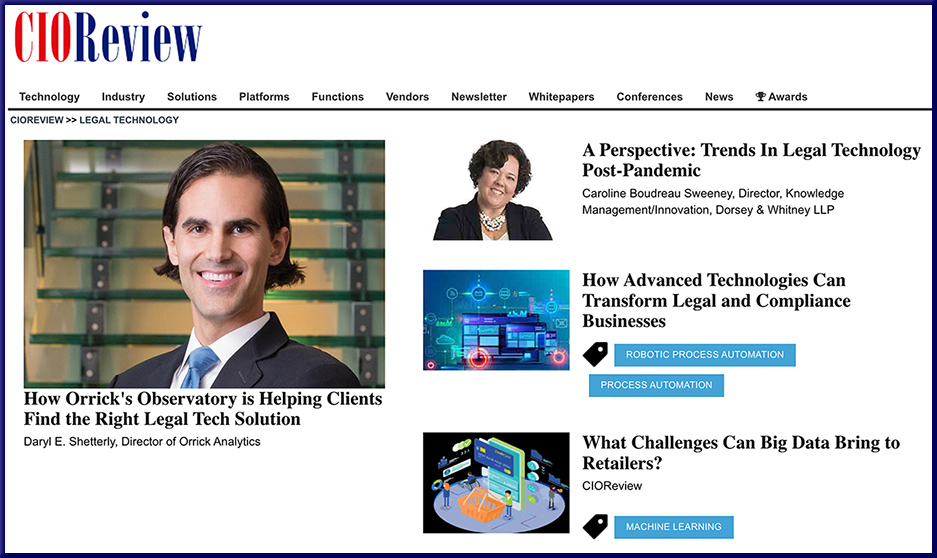


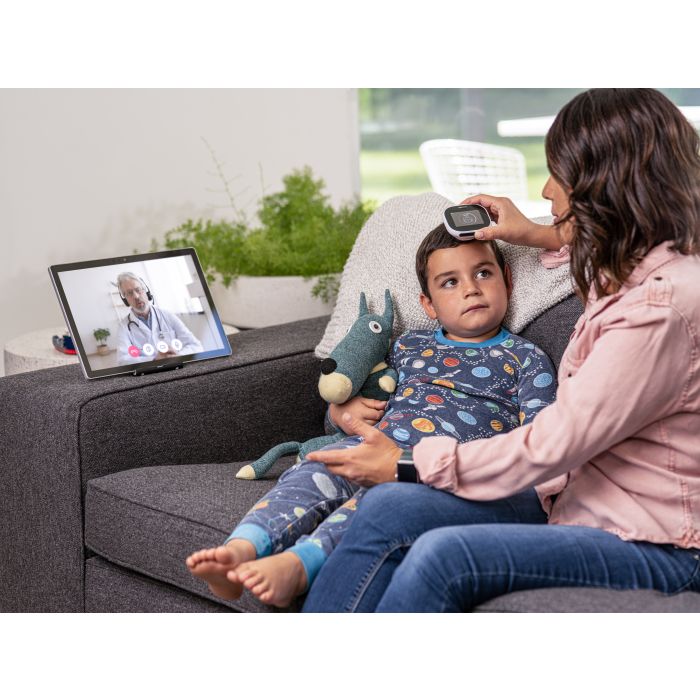
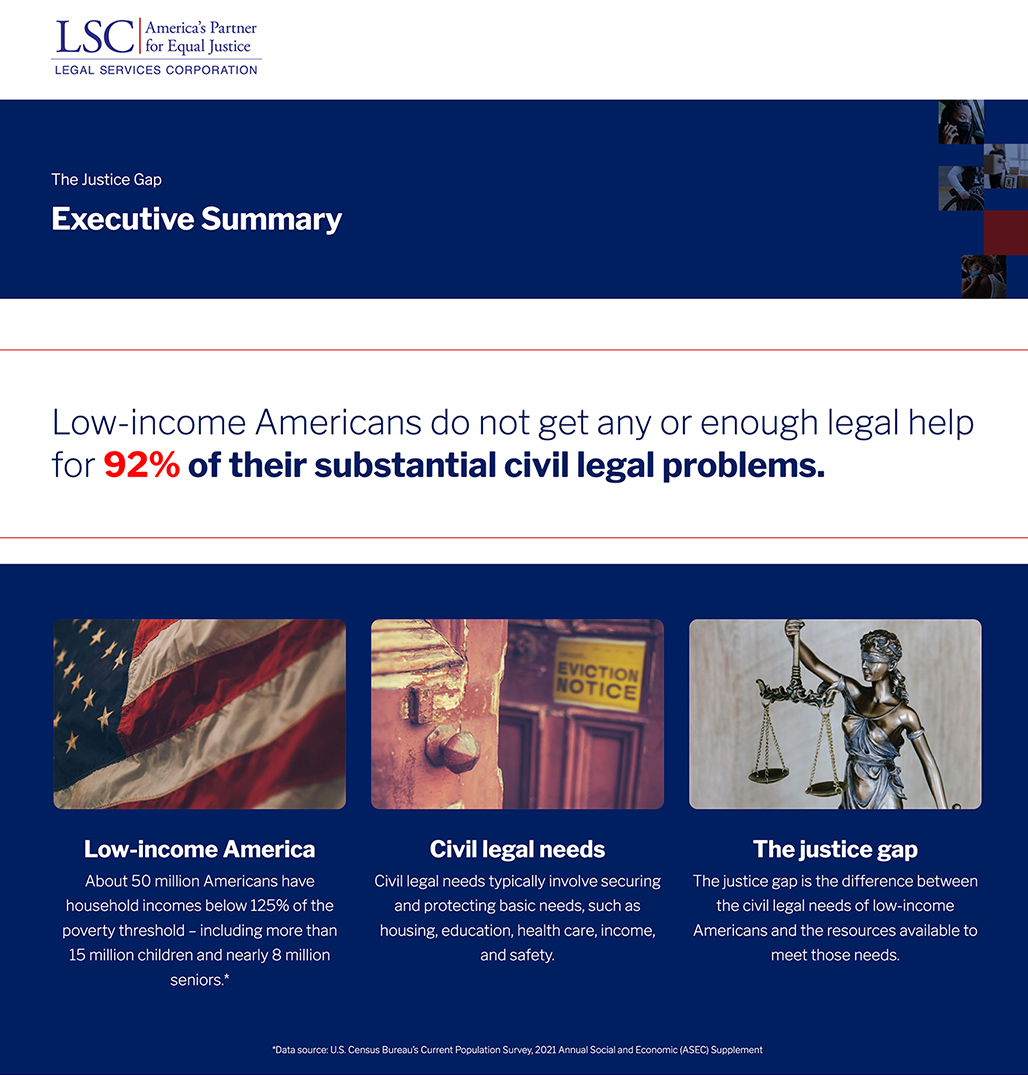
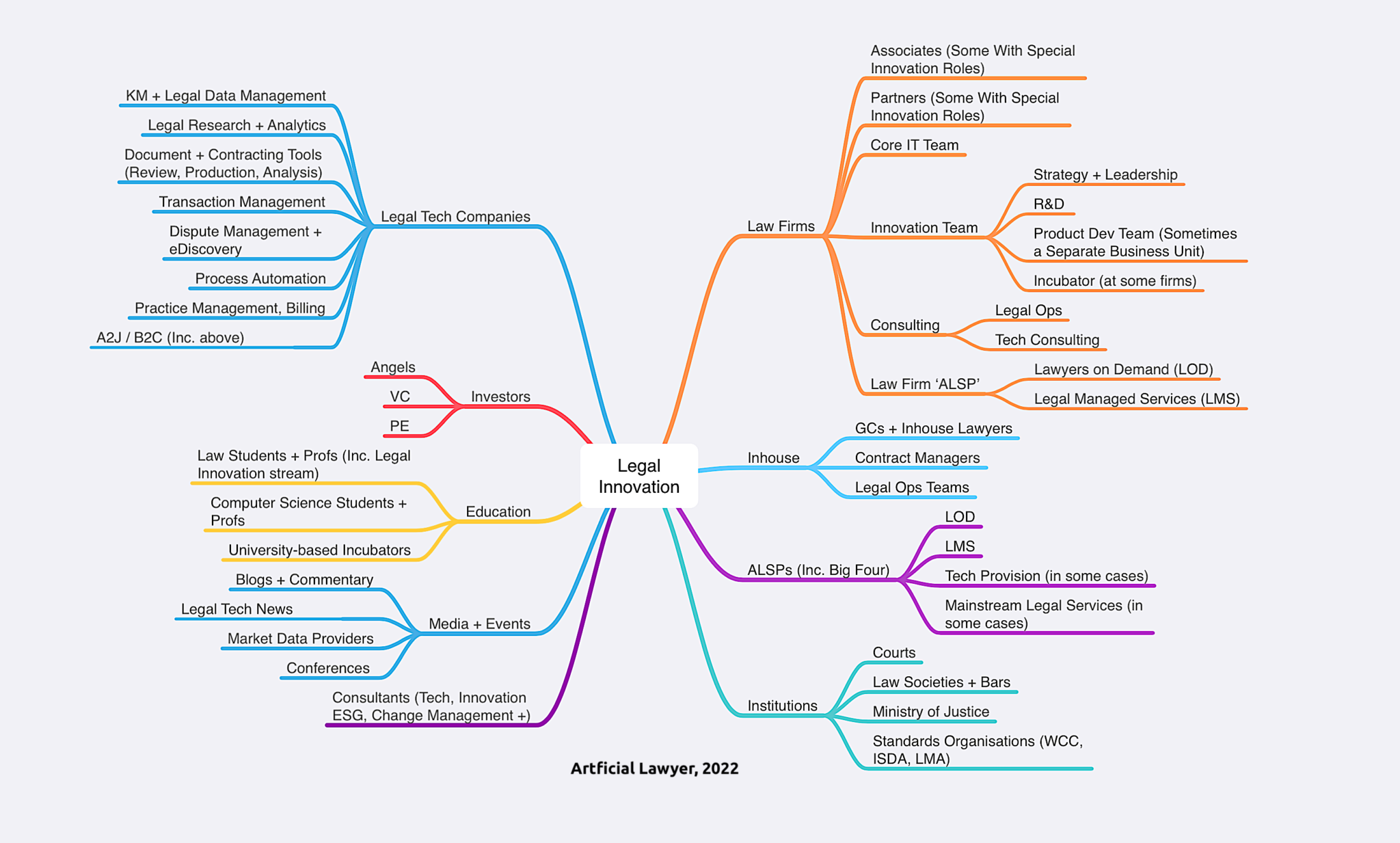
/cloudfront-us-east-2.images.arcpublishing.com/reuters/VC6OEOGOOFDENO7BIW6JR6RGBU.jpg)
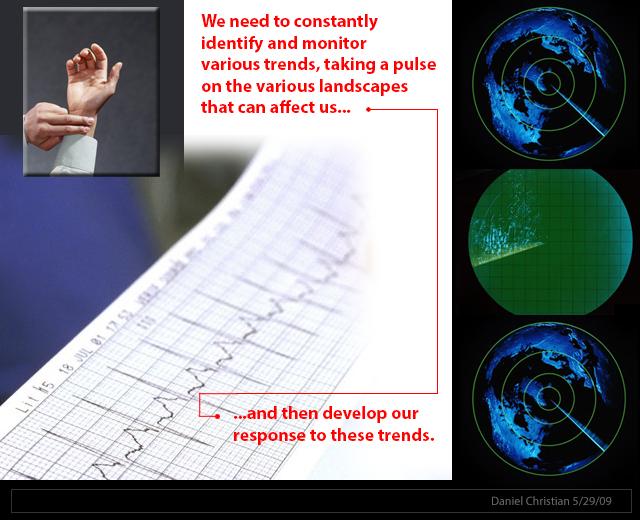
/2022/08/22/image/png/wSxqwE19L3sKdFwuPdKfsfzJ5ixmzUJWXJ8Ox6Ir.png)
